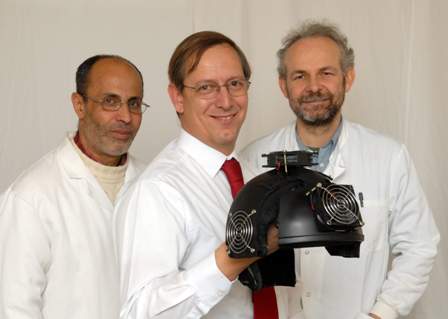A few years ago, I spoke at the Launch of the Living Well with Dementia
project, which was held at Middlesbrough,
and after talking about Dignity and Respect, a few people came up and asked if
they could use my script in their training at hospitals.
This was something that I had not expected, but I did not have to
think twice about it, as I felt that it was very important, to get in at an
early stage.
It also
proved that these professionals were admitting that they did not know it all,
and were openly asking for my help as a person with dementia
Training people to understand the needs of those with this illness is
not as easy as it looks, as there so many variations of dementia and we are all
individuals, so I offered to go to speak to anyone who is training students
etc, so that they will get a better understanding of what is needed, and how to
treat people with dementia with the dignity and respect and care, THE SAME
RESPECT THAT THEY WOULD EXPECT FROM OTHER PEOPLE .
It was pointed out at one event, those with the illness are in a better
position than GPs or consultants, to
tell others how we should be treated, because we are going through it on a
daily basis.
There are many roles that a person with Dementia can do if given the
support and help, and being a Dignity Champion is one of those, and I do feel
that I am helping many people to understand the needs of those with this
illness. There are many more people out there like me, so why not allow us to
help you, and also help ourselves.
One of
the main problems we hear about these days comes from the fact that many people
think that because they know or have looked someone with dementia, that they
understand everything thing about it and know all about its problems.
But this
is far from the truth and there are well over 120 variations of this illness, and
in each case, the people with the illness have different symptoms and struggle
in different ways to others.
Even two
people with the same form of dementia, can have vastly different symptoms and
problems. This causes confusion to many people, but as we now know there is
nothing straight forward about this illness.
Treat us
with the dignity and respect that you would expect from others
By
educating and training people to understand the problems people with dementia
struggle with on a daily basis, we will then start to see people with dementia
being treated with the care and dignity, that you would want from others.
Please
don’t patronize us by asking a question
and then trying to answer it. Give us the chance to think of the answer, as in
many cases we need time to process the information before giving you the
answer. That answer is better coming from us.
Look us
in the eyes when asking these questions as we are human beings like you, apart
from the problem with our brain.
I hate it
when someone asks my wife how I am, when I am stood next to her, just how rude
can you get. I am not a ghost or invisible, I am here and right in front of
you.
Look at
the person and not the dementia.
Remember
that many get flustered because unlike you, they simply cannot come straight
out with the answer, and if things go wrong we sometimes come out with the
wrong words, and that leads to accusations of aggressive behaviour and being
rude.
I have
heard this on many occasions, which makes me think that the accusers really do
not have a clue about the basics of this illness.
Treat the
person as you would have done before the dementia, we may have an illness, but
in many ways we are the same as you, we are all human.
Try to
speak clearly, carefully, slowly, and where possible face to face, so that we
stand a chance of understanding what you are trying to say.
Please
don’t assume that you know all the answers about dementia and what it is like
to live with it, but ask us, the people living with Dementia, and we will tell
you what our problems are, or at least try to explain them to you.
Remember
that people with strong accents, asking questions can be difficult to
understand when you have this illness. As someone who grew up in the North East
I now struggle with the accent these days, so if it is difficult for me, think
what it is like for others.
Try to
speak in a calm voice and not get agitated otherwise it makes those with the
illness react in the same way.
Do
not discuss our problems with anyone else while we are there, as that is
hurtful and disrespectful, we have ears and a tongue, and so we can answer back
ourselves.
We all
develop routines that help us to get through each day, so please don't stop us
doing this.
Some of us struggle with horrendous and quite
vivid nightmares and dreams, leaving us very tired and perhaps agitated the
next day. When this happens, we sometimes need a short nap during the day to
catch up.
So please
don’t tell us that we should not try to sleep during the day, when we could not
sleep at night because of these nightmares.
People who say that we should not sleep during the
day simply do not understand our problems.



